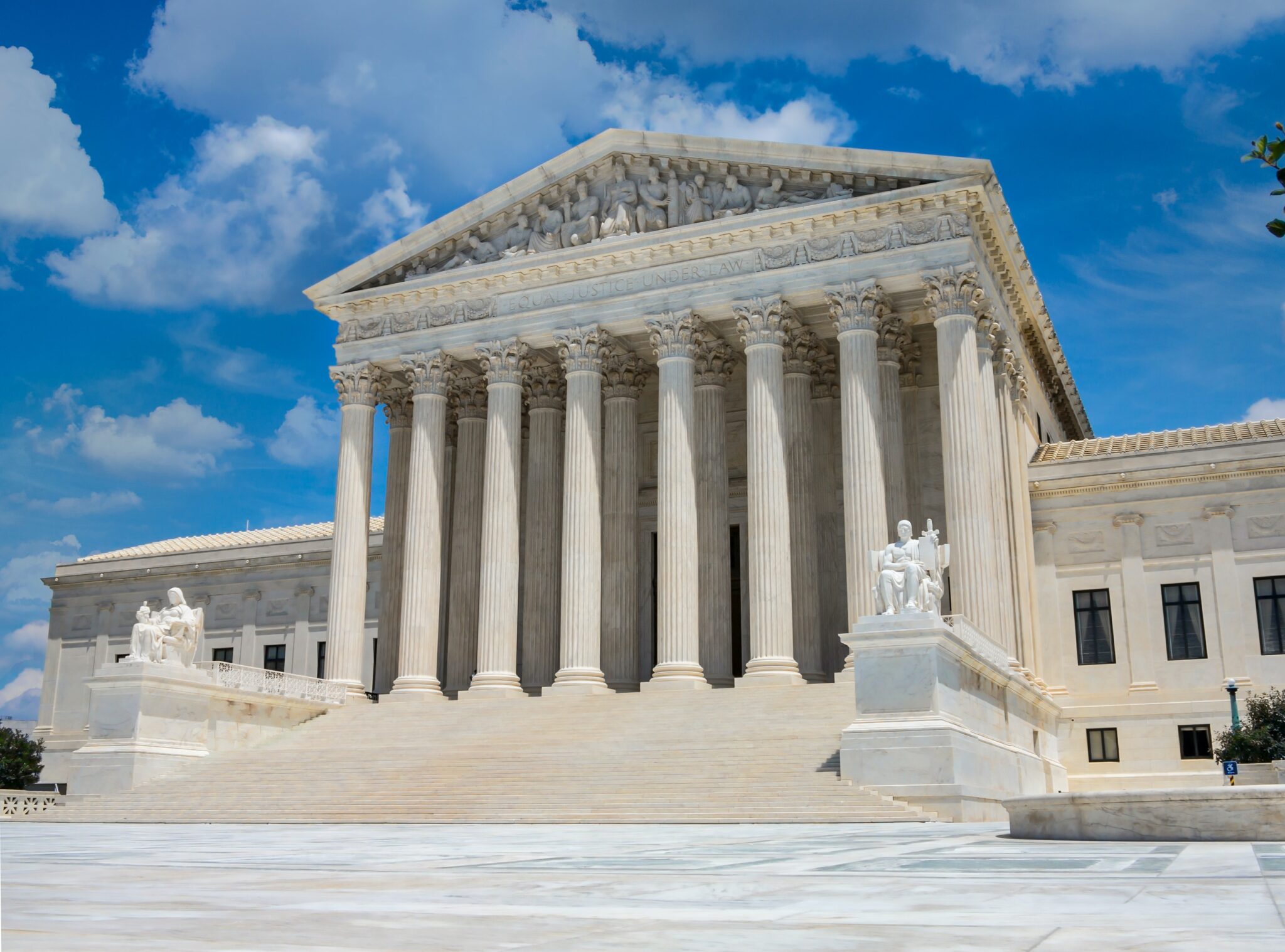
Swap Agrawal is a student at Harvard Law School.
In this weekend’s news and commentary, the Supreme Court agrees to hear a 10(j) injunction case; the House votes to repeal the NLRB’s joint-employer rule; and NYU launches a new labor initiative focusing on state and local government action.
On January 12, the U.S. Supreme Court agreed to hear a labor case brought by Starbucks challenging a lower court’s order to reinstate seven pro-union employees, dubbed the Memphis Seven, who were discharged from a Memphis store amid a union campaign in 2022. The central issue in this case is the standard used by federal courts to issue Section 10(j) injunctions under the NLRA. Starbucks contends that federal courts are split on the appropriate standard to apply when the NLRB is seeking preliminary injunctions. Five circuits currently employ a two-factor “reasonable cause” test for 10(j) injunctions, while four circuits use a more stringent four-factor “likelihood of success” test. The NLRB used the two-factor test to obtain an injunction on behalf of the Memphis Seven. The Board argued in its response to Starbucks’ petition for cert that any differences between the criteria employed by circuit courts “are essentially terminological rather than substantive.” Starbucks argued that the differences between circuit standards are “outcome-determinative.” This case could create new challenges to NLRB General Counsel Abruzzo’s efforts to increase the agency’s use of 10(j) injunctions. Starbucks applauded the grant of cert, stating that “[s]ince the NLRB began more aggressively pursuing 10(j) injunctions, more than a third of cases have involved Starbucks.” Meanwhile, Starbucks Workers United said the company was seeking “a bailout for its illegal union busting” from the Supreme Court.
On January 12, the U.S. House of Representatives voted to repeal the NLRB’s joint-employer rule. The resolution was passed pursuant to the Congressional Review Act, which allows Congress to repeal agency rules through legislation. The proposal is now headed to the Senate where Democrats hold a one-seat majority. Although West Virginia Sen. Joe Manchin has said he opposes the rule, President Joe Biden said that he will veto the resolution if it passes both houses. As Greg reported last year, the NLRB’s joint-employer rule expands the definition of control and would force many large companies to bargain with contract and franchise workers’ unions. The Board issued its final rule in October of 2023, and the rule is set to go into effect on February 26, 2024.
On January 11, New York University’s Robert F. Wagner Graduate School of Public Service announced the launch of the NYU Wagner Labor Initiative, a “new hub of research and practice that will focus on the role and powers of governments to protect and advance workers’ rights, particularly at the state and local levels.” The initiative will be led by Terri Gerstein, a nationally recognized labor attorney and policy advocate who has recently served as Director of the State and Local Enforcement Project at Harvard Law School’s Center for Labor and a Just Economy. “As a growing number of workers take action to improve their conditions on the job, it’s essential to understand the unique, critical role that government can play in advancing and protecting workers’ rights,” Gerstein said. The new NYU Wagner Labor Initiative will support government and civil society by convening regularly with government officials including state attorney general, district attorney, and local government labor standards agencies to build labor enforcement capacity and sharing expert knowledge with policymakers, advocates, and the public on labor standards and enforcement-related policy issues.






Daily News & Commentary
Start your day with our roundup of the latest labor developments. See all
January 13
15,000 New York City nurses go on strike; First Circuit rules against ferry employees challenging a COVID-19 vaccine mandate; New York lawmakers propose amendments to Trapped at Work Act.
January 12
Changes to EEOC voting procedures; workers tell SCOTUS to pass on collective action cases; Mamdani's plans for NYC wages.
January 11
Colorado unions revive push for pro-organizing bill, December’s jobs report shows an economic slowdown, and the NLRB begins handing down new decisions
January 9
TPS cancellation litigation updates; NFL appeals Second Circuit decision to SCOTUS; EEOC wins retaliation claim; Mamdani taps seasoned worker advocates to join him.
January 8
Pittsburg Post-Gazette announces closure in response to labor dispute, Texas AFT sues the state on First Amendment grounds, Baltimore approves its first project labor agreement, and the Board formally regains a quorum.
January 7
Wilcox requests en banc review at DC Circuit; 9th Circuit rules that ministry can consider sexual orientation in hiring decisions